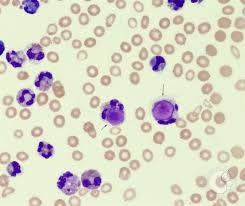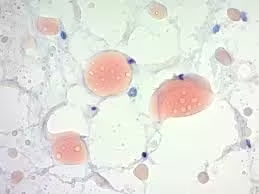
Introduction Peripheral blood smear examination is a fundamental hematological technique used to study the morphology of blood cells. It helps in the evaluation of red blood cells (RBCs), white blood Read More ……..
Simplifying Allied Health Learning.

Introduction Peripheral blood smear examination is a fundamental hematological technique used to study the morphology of blood cells. It helps in the evaluation of red blood cells (RBCs), white blood Read More ……..

Introduction The embedding process and the choice of embedding media are critical for achieving high-quality histological sections, essential for accurate diagnosis and research. In histology, various moulds are used for Read More ……..

Introduction Microtome knives and knife sharpening are essential in laboratories, especially in histology and materials science, for preparing ultra-thin specimen sections suitable for microscopic examination. These knives must maintain sharp Read More ……..

Introduction Lipids are essential biomolecules that play a critical role in cellular structure, energy storage, and signaling functions. They are major components of cell membranes, myelin sheath, steroid hormones, and Read More ……..

Introduction Enteric fever is a systemic infectious disease primarily affecting the gastrointestinal tract and reticuloendothelial system. It is caused by: Salmonella enterica serovar Typhi (Typhoid fever) Salmonella enterica serovar Paratyphi Read More ……..